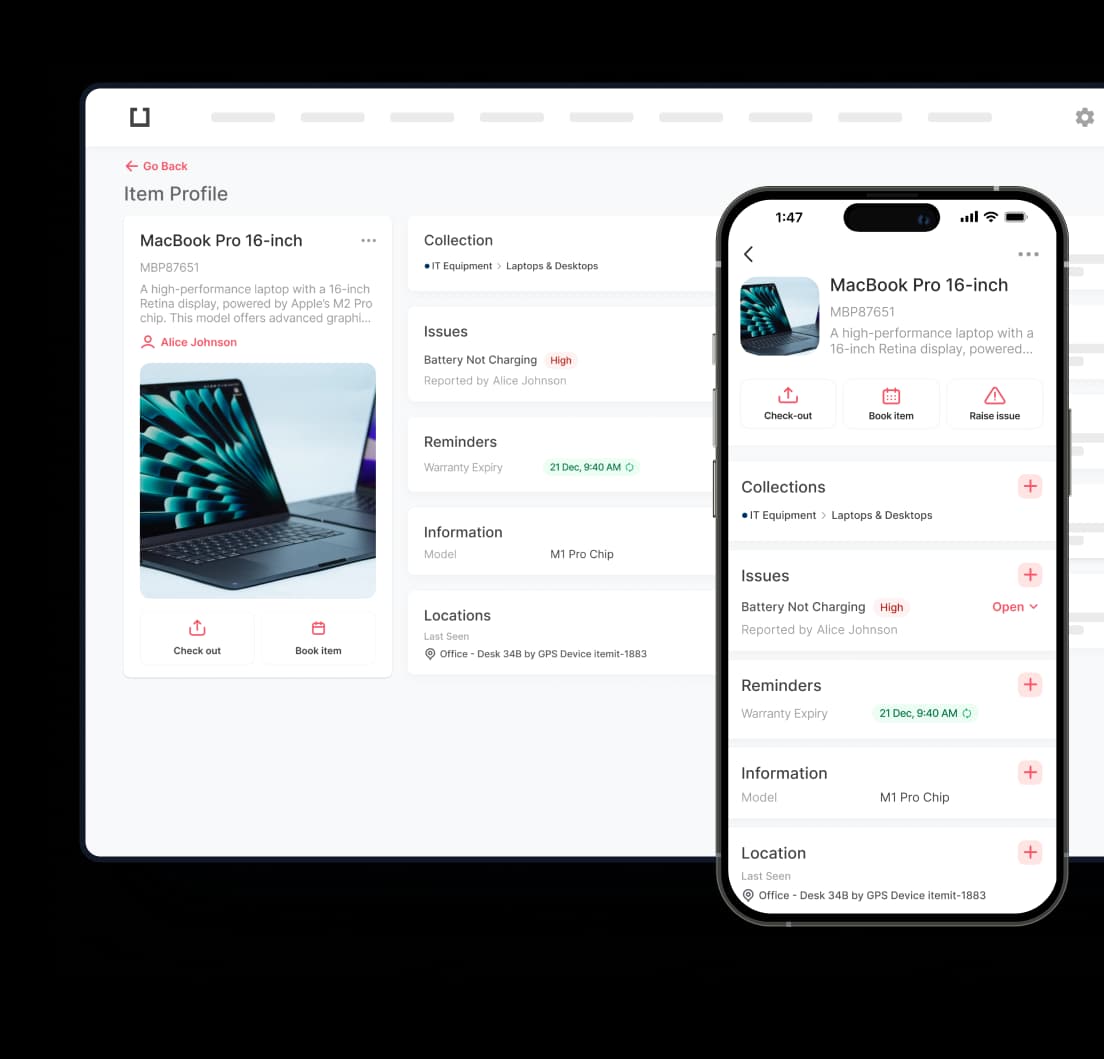Stay updated on the latest trends and innovations in modern construction, building methods, and advanced technologies transforming the industry today and beyond.
Audits can be laborious and hard to complete. However, when you use tracking software along with an easy-to-use asset register template, you are onto a winner. Without further ado, let’s take a look at how you can make the auditing process much easier.
The Importance of Asset Tracking to Your Business
Add everything to your new asset register template, this is the first step that you need to take. Walk around your facilities and see what you have. Include every single thing.
As soon as you have everything your asset register will be more accurate. This means that your audits will be more accurate. A direct consequence of this is that auditing will be so much easier. This is why more businesses are now using tracking software. You just need to make sure you do the same while using a template you’re happy with. In other words, you need to use tracking software/a template that has a good UX (user interface) while offering you the features you need.
Did you know that some templates allow you to collect data that can be exported as a report? Imagine having access to all of your data. Auditing will be far easier and much less of a headache.
Add A Wealth Of Information
Every single asset that you own has a name/make and serial number. Many people may refer to assets such as computers as “computer 2”, “laptop 3”, or “the big computer”, and so on. However, this is not specific enough for your new tracking software. It’s likely that your asset register template will allow you to add information to each asset’s profile. This can only be a good thing as it means you can easily identify every single asset. Additionally, you can add useful information such as maintenance schedules and PDF manuals or links to online manuals, etc.
You could also add every asset’s:
- Time and date of purchase
- Price at purchase
- Model number and colour
- Important reminders
- Computer updates record
And so much more. Did you know that the more information you add, the better it is for you? It means that you have more information to hand, whenever you need it. In other words, you may not have to go searching high and low for the instruction manual or insurance details.
Understanding Asset Depreciation
If you have never completed an audit before you may not know about depreciation. To put it simply, over time, every asset will depreciate (or go down) in value. As a result, your audit will be affected. The good news is that there are two popular methods of dealing with the depreciation. You could use the Written Down Value or opt for the straight-line value/method. You should be aware that there are other methods you can use. However, the above two tend to be the most favoured.
Now it’s time for you to add the depreciation to your tracking software. When you do, you will have the information you need to hand, when you need it. This could potentially save you a lot of time.
Understanding The Valuation Confirmation
The third step in the audit process relates to confirming your valuation. Here, it would be helpful if you had an inkling as to how much value your assets have. When you calculate the depreciation you'll have a good idea. Hopefully, you would have already added the depreciation values to your new asset register template.
Make sure that you are fully aware of the important regulatory requirements. You should have already worked with these requirements in mind. If you have, your audit is much more likely to be accurate. This can only be a good thing.
Increasing The Accuracy Of Your Audit
As we have just seen, you can make sure your audit’s accurate by sticking to those important regulatory requirements. However, what you may not be aware of is that your asset register template/tracking software can also help with this.
When you have completely worked out the value of every single asset, you’re onto a winner. However, doing so could be so much more difficult if you do not use tracking software. Earlier in this post, we looked at adding the depreciation to your tracking software. It’s this that can help you to increase the accuracy of your audit. This is simply because you will have the figures you need to hand. In other words, the guesswork will be taken out of everything.
Not many people take pleasure in auditing their business. The good news is that when you use tracking software you can make the process easier. All of your assets will be listed in the software, including each asset’s depreciation value, and much more. Consequently, you can make the whole auditing process less of a headache.
Considering talking to a professional about making auditing easier by using tracking software? Contact us now at team@itemit.com


Modern Methods of Building Construction. Trends and Innovations to Watch

How to Create an Effective Construction Management Plan for Your Project
Create an effective construction management plan that improves safety, minimises delays and keeps your project organised and on track from planning to completion.

A Complete Guide to Construction Cost Management and Planning
Effective construction cost management and planning improve profitability, enhance financial stability, and strengthen resource allocation across every project.




